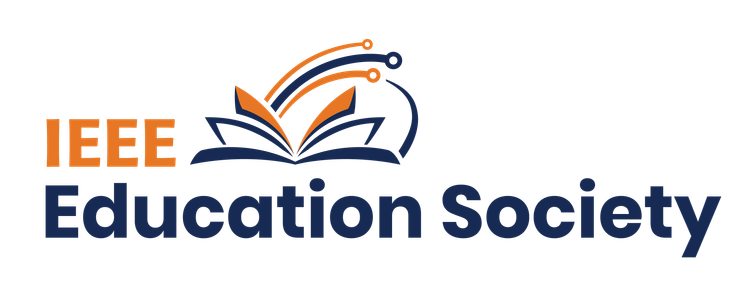Publishing in IEEE Education Society Journals
Overview
The aim of this session is to give participants insight into the requirements of publishing educational research work in engineering education journals with a specific focus on the Journals of the IEEE Education Society – IEEE Transactions on Education, IEEE Transactions on Learning Technology and RITA, the Latin-American Journal of Learning Technologies. It will cover the areas of work and types of papers typically considered in scope for the journal and will give guidance on what is typically expected of papers submitted to each journal by the editor and the reviewers. This workshop is designed for engineering education practitioners and early career researchers looking to develop their conference papers to journal articles within the scope of the IEEE.


